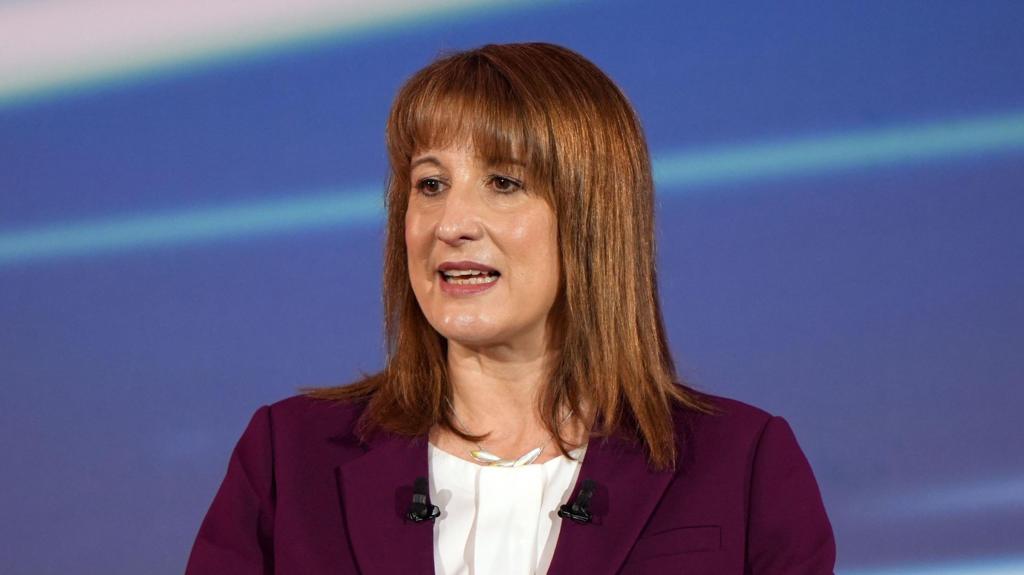In the upcoming Budget, Chancellor Rachel Reeves is reportedly considering modifications to the tax framework that could result in higher payments for some lawyers, accountants, and doctors.
These professionals often utilize limited liability partnerships (LLPs), which afford them self-employed status and exemption from employer’s National Insurance contributions.
According to The Times, Reeves is contemplating the introduction of a new levy on individuals operating through LLPs, set at a rate slightly below the 15% employer’s National Insurance rate.
Reeves is widely anticipated to announce tax increases in her Budget on November 26, a move necessitated by recent economic forecasts and adjustments to welfare policies that have complicated her efforts to meet established fiscal targets.
The chancellor has indicated a likely focus on higher-income individuals, asserting that “those with the broadest shoulders should pay their fair share.”
Numerous tax experts and think tanks have advocated for extending employer’s National Insurance to partnerships, citing the potential for a fairer tax system.
Proponents of this approach also highlight its primary impact on high earners.
Adam Corlett, principal economist at the Resolution Foundation, which focuses on low-to-middle income households, stated: “The chancellor will need to raise taxes in her upcoming Budget, and should do so in ways that improve the tax system.”
“An important step would be to level the playing field in how different ways of working are treated, with wages currently taxed more than other forms of income.”
NHS GPs are currently restricted from operating as LLPs under their contractual agreements.
However, revisions to LLP taxation could affect locum doctors and those in private practice.
A representative from the British Medical Association (BMA), the trade union for UK doctors, suggested that extending National Insurance to LLPs could undermine “the financial viability of many small, doctor-led practices.”
“This added cost will inevitably be passed on to patients, making private care less accessible and discouraging doctors from continuing or entering private practice,” the spokesperson added.
The CenTax think tank estimates that implementing employer national insurance on all forms of partnerships would generate approximately £2 billion annually.
However, this figure would be reduced if the changes were limited to LLPs.
Stuart Adam, a senior economist at the Institute for Fiscal Studies, told the BBC that the revenue potential of such a measure is uncertain, anticipating that some individuals would restructure their tax arrangements in response.
He cautioned that heavier taxation on this group could “disincentivize work” and, “in some extreme cases, you might see some people leaving the country or not coming to the UK in the first place.”
Mr. Adam also noted that it would not address the “fundamental underlying issue” that tax rates on the self-employed are much lower than on employees.
A Treasury spokesperson stated: “We do not comment on speculation around future changes to tax outside of fiscal events.”
Analysts estimate that Reeves will need to raise taxes or cut spending by around £20 billion to meet her “non-negotiable” fiscal rules.
These rules stipulate that her plans must project a decline in government debt as a share of national income by 2029-30, and that day-to-day government expenses must be covered by tax revenue rather than borrowing.
In its general election manifesto last year, Labour pledged not to increase income tax, VAT, or corporation tax, limiting the government’s options for raising revenue.
The party also promised not to raise National Insurance – prompting a row last autumn when it announced a hike in the contributions paid by employers.
Sign up for our Politics Essential newsletter to keep up with the inner workings of Westminster and beyond.
The state borrows to fund day-to-day spending as well as long-term infrastructure projects.
Some experts think the government may break its promise not to increase income tax, NI or VAT for working people.
The chancellor linked tough decisions “in coming months” to global headwinds and OBR productivity reassessment.
Council tax is expected to rise by 5% a year to pay for local services, documents in the Spending Review suggest.
The last shares have been sold from the RBS bailout during the financial crisis. But, with banks facing fresh risks today, has enough changed?

